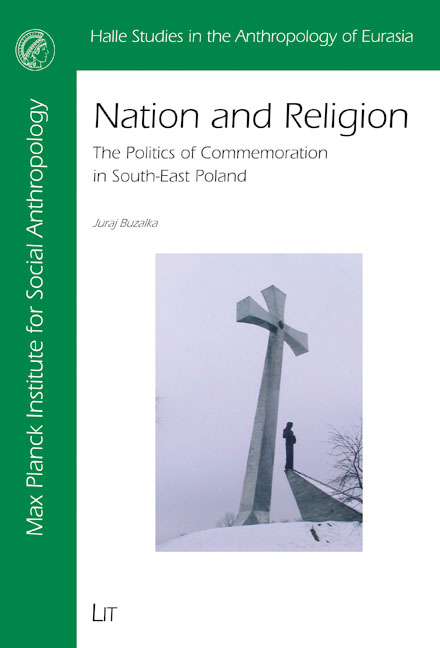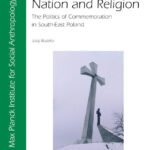Beschreibung
Juraj Buzalka analyses the interplay between religion, politics and memory in the context
of postsocialist transformations in south-east Poland. He shows that two Catholic
churches play a crucial role in commemorations of the warfare and ethnic cleansings that
took place here during and after the Second World War: while the Roman Catholic
Church claims a privileged status for the Polish nation, the Greek Catholic Church does
the same for the Ukrainian minority. Central to Buzalka’s analysis are changing forms of
tolerance and multiculturalism, and the emergence of “post-peasant populism”, a
political culture rooted in rural social structures, ideologies and narratives, and saturated
with religion.
Buzalka’s work is an innovative contribution to political anthropology and his findings
will also be of interest to political scientists, social historians and sociologists.
Juraj Buzalka is a lecturer in social anthropology
at Comenius University, Bratislava, Slovakia.
In 2003-2006 he was a doctoral candidate at the
Max Planck Institute for Social Anthropology,
Halle/Saale, Germany.


